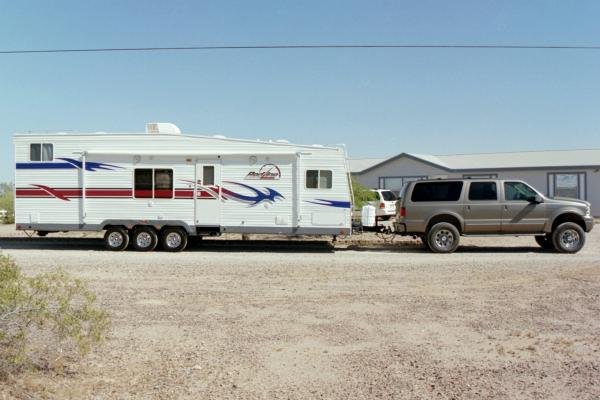JD Sharp
Well-known member
We are looking at a 2000 Chieftain 34Y in great shape and low miles (18000). But are not sure of V10 HP, dealership says 310. I looked at Winnebago Brochure for 2000 and it list 275hp and three speed trans. 2001 lists v10 at 310 and in 2002 they went to 8.1 Vortex engine. I test drove and it does down shift on moderate hill at 50MPH. We don't want to regret under power for this size MH, should I look for a 2001 or 2002 with Workhorse instead?

